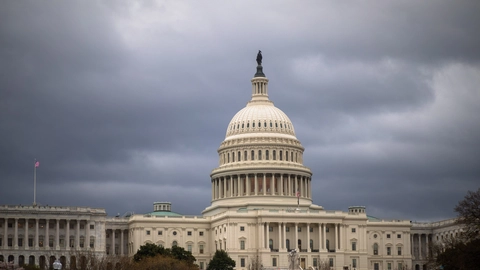Wang Shujun, a prominent figure in the Chinese dissident community, allegedly used his connections to collect and send sensitive information to Beijing under the guise of promoting democracy.
According to Ziare Wang Shujun moved to New York in the early 1990s and has been active in various pro-democracy groups. However, recent accusations suggest his true allegiance lay with the Chinese government. On Tuesday, August 6, U.S. authorities charged Wang with four counts, including acting as a foreign agent and lying to federal investigators.
Espionage Allegations Unfold
According to Deutsche Welle, U.S. prosecutor Breon Peace described the case as having the elements of a spy novel, but emphasized the seriousness and reality of the evidence. "The allegations could be the plot of a spy novel, but the evidence is shocking and real, showing that the defendant was a secret agent for the Chinese government," Peace stated.
Wang, now 76, will face sentencing in January 2025. Despite being found guilty, the severity of his punishment remains undecided. The historian's activities allegedly involved deep connections with various pro-democracy activists, including those supporting Hong Kong's autonomy, Taiwanese independence, and the rights of ethnic minorities such as the Uyghurs and Tibetans.
Methods of Espionage
Investigators uncovered that Wang employed multiple methods to relay information to the Chinese Ministry of State Security. He reportedly drafted detailed emails to an address accessible by Beijing authorities and sent encrypted messages containing sensitive data.
Wang’s case underscores the ongoing tensions between the U.S. and China, particularly concerning issues of espionage and national security. The accusations reveal a complex web of covert operations and highlight the risks faced by dissidents and activists who might unknowingly become targets of espionage.


















